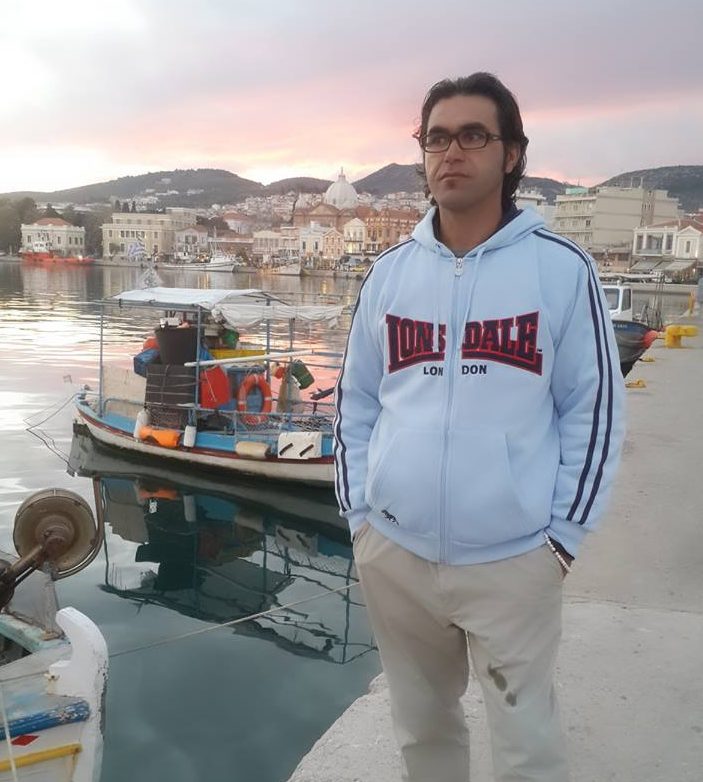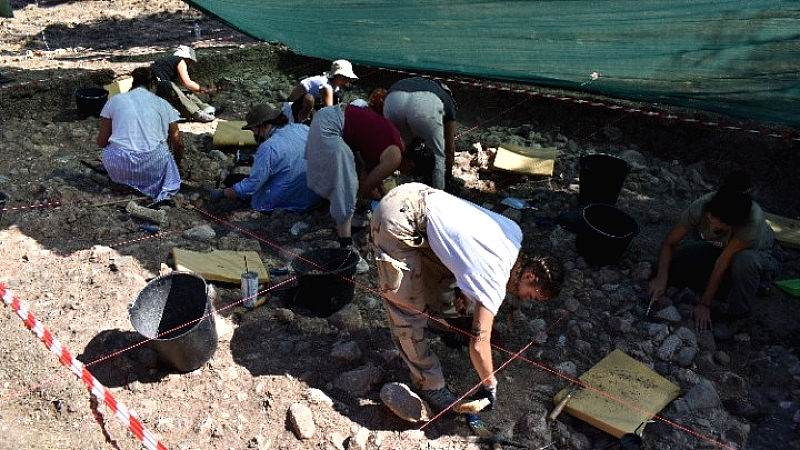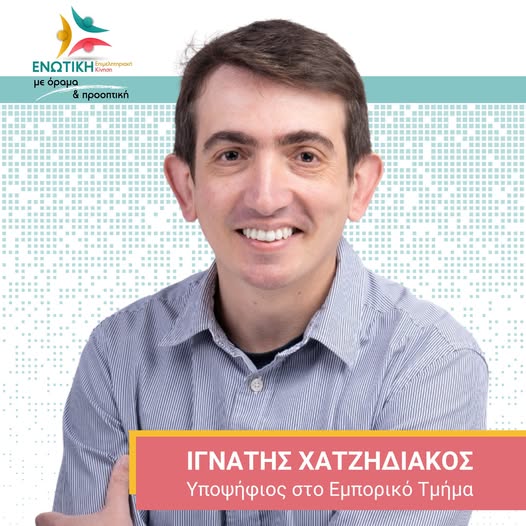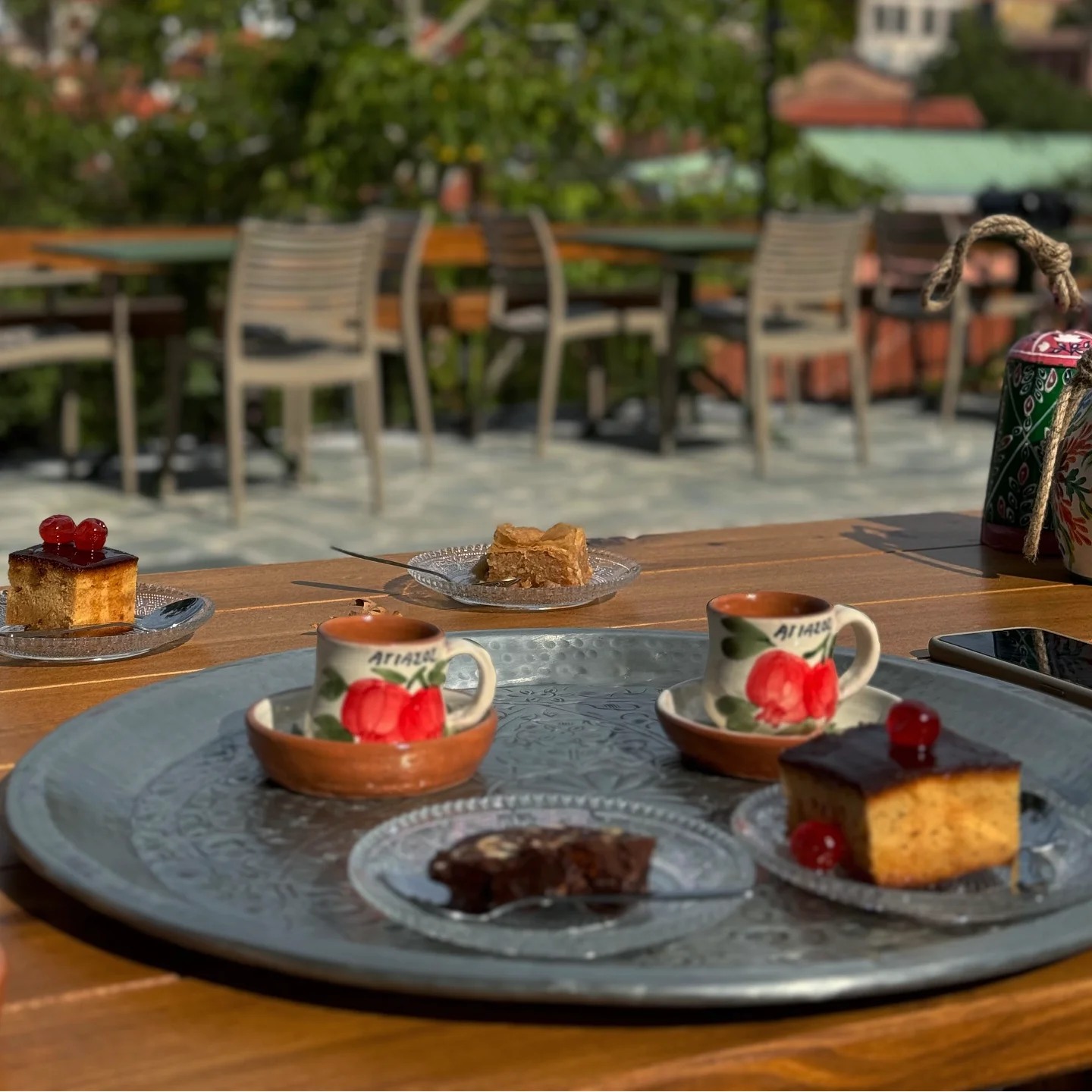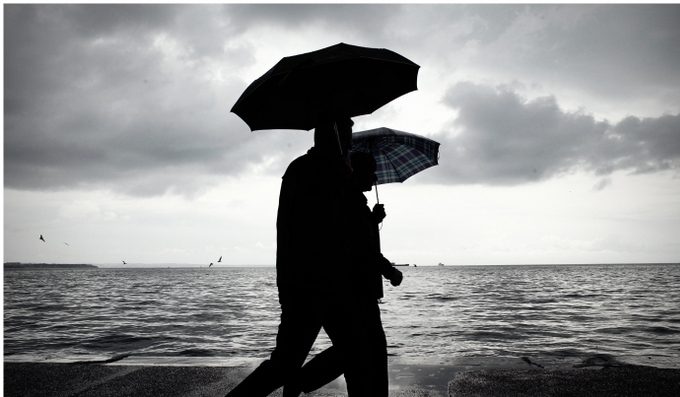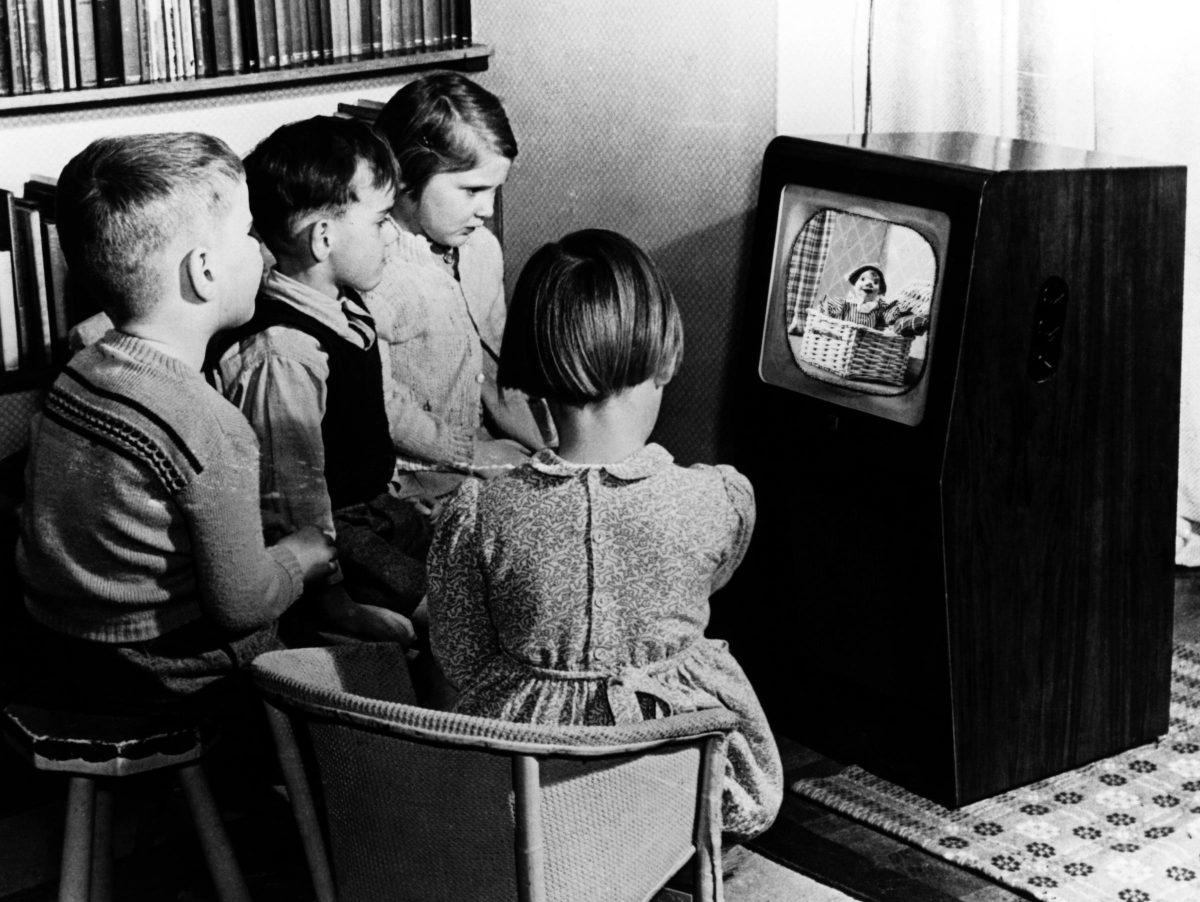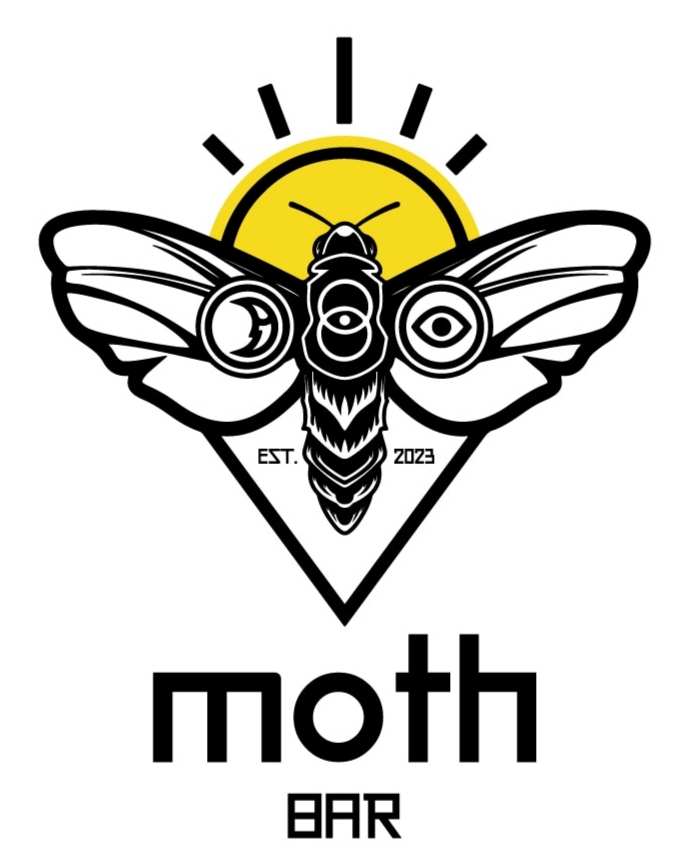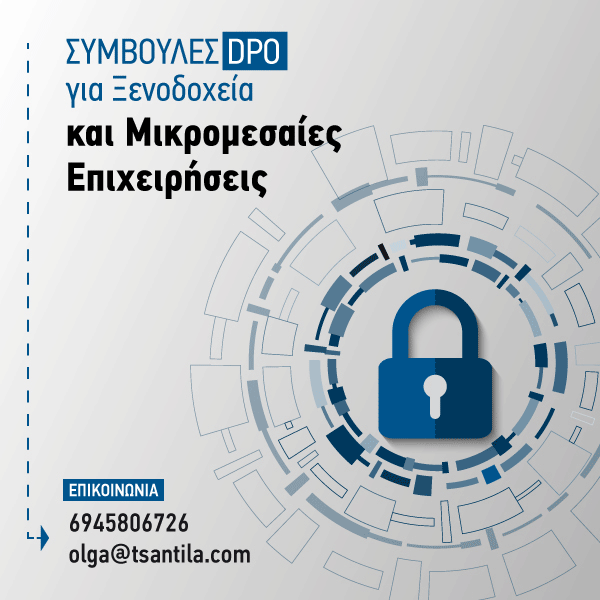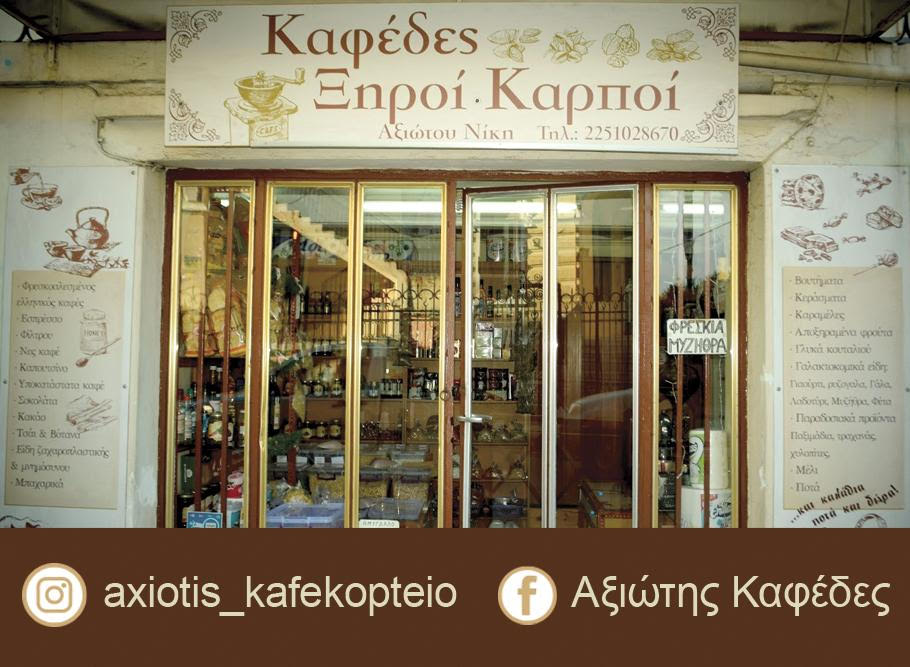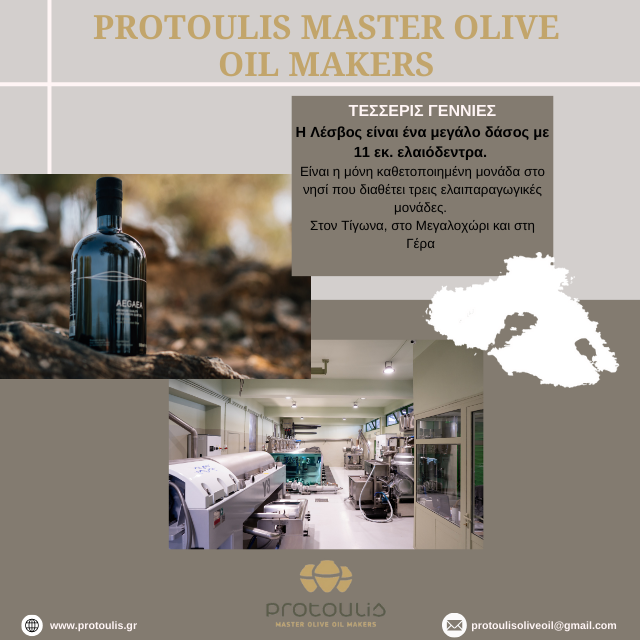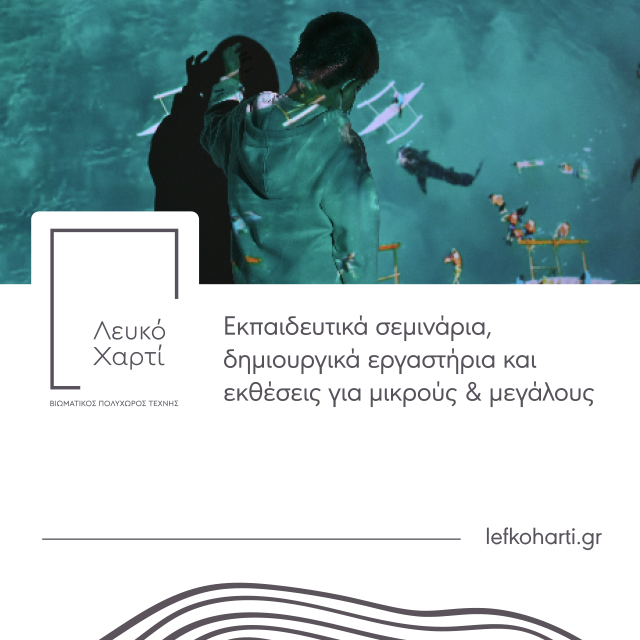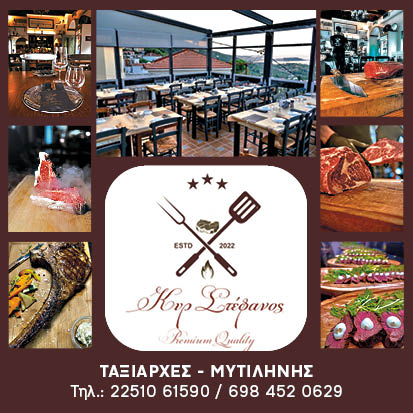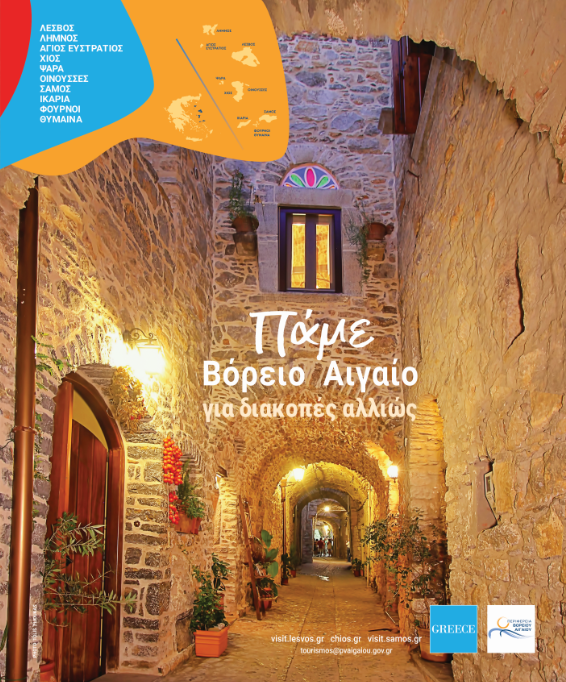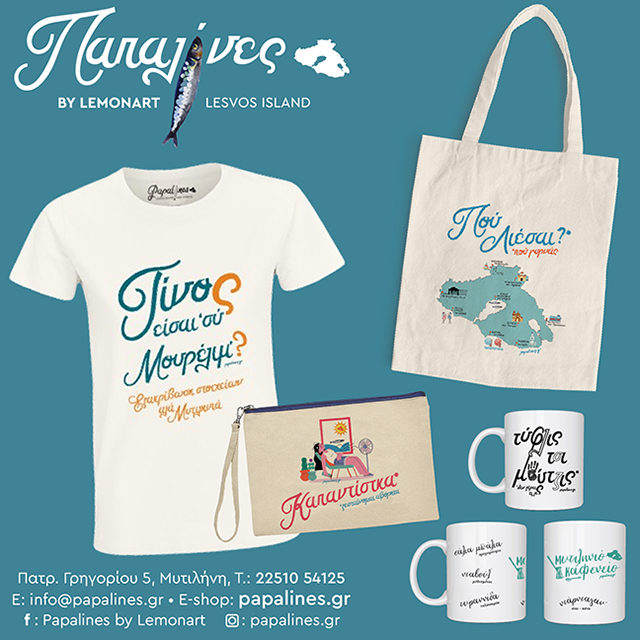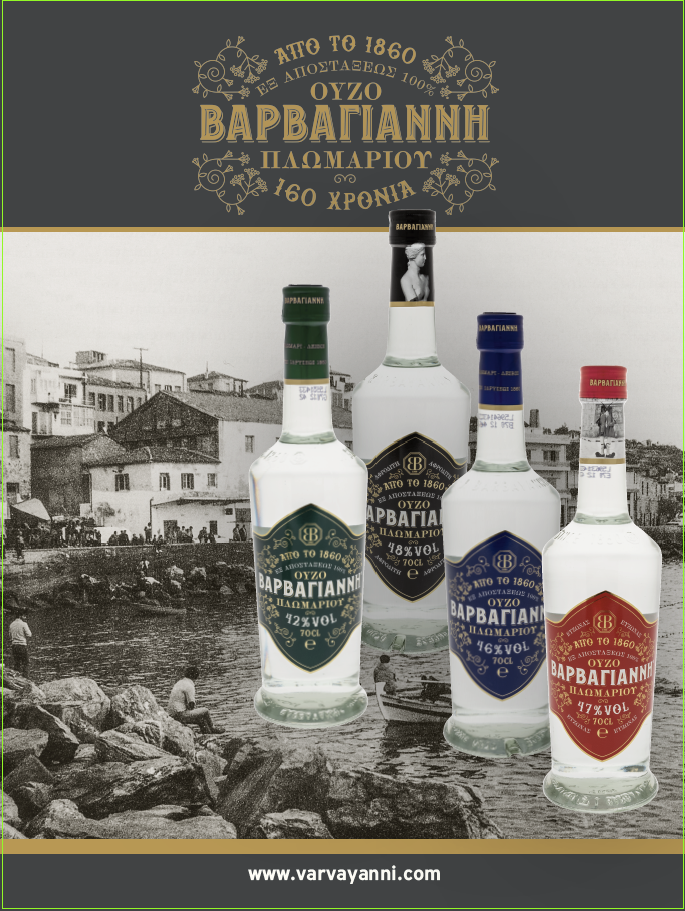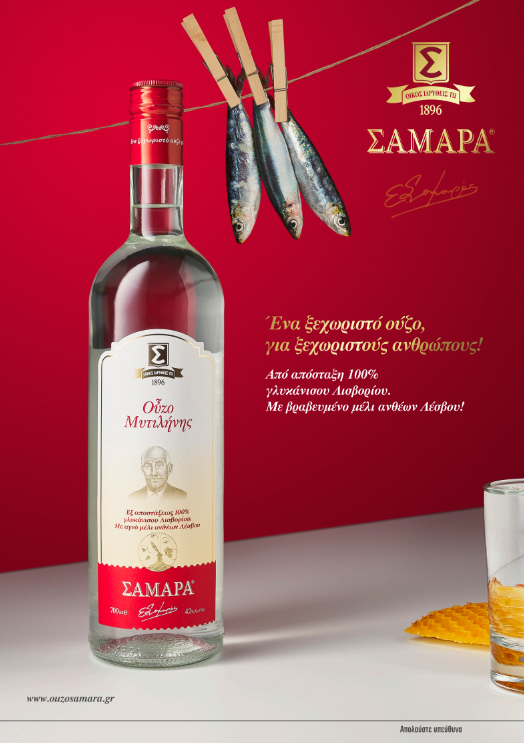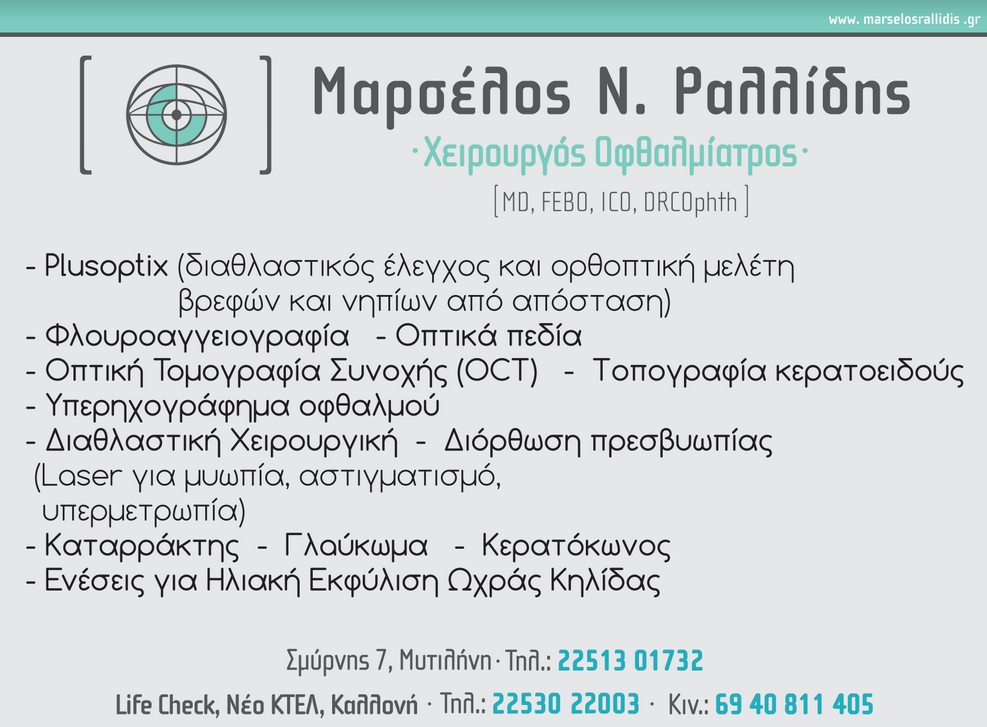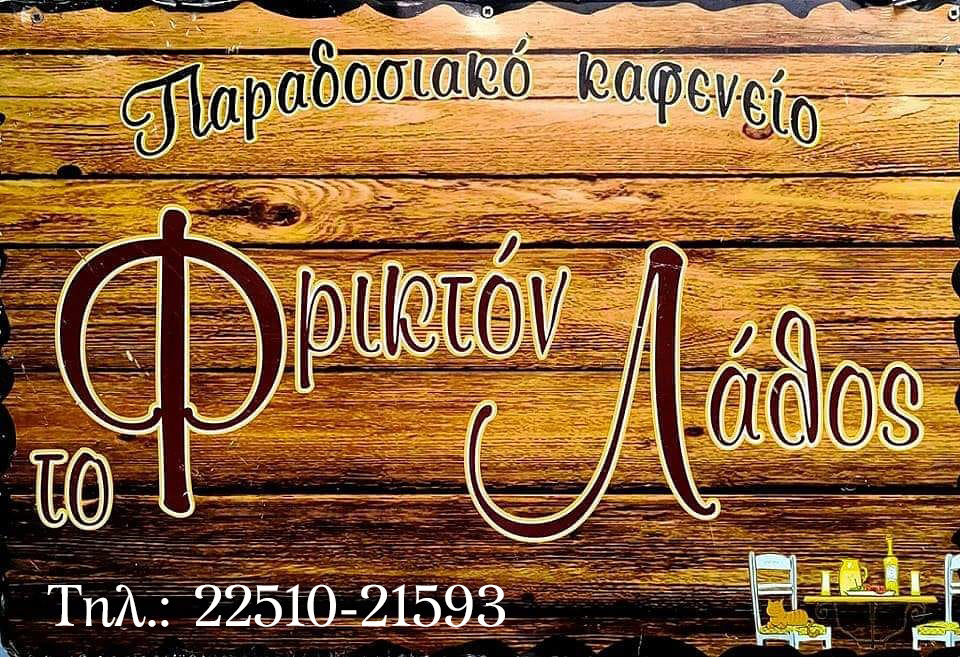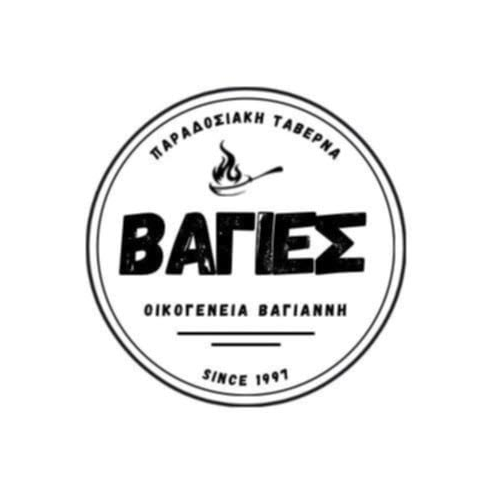*For english scroll down
Το όνομά του είναι Αμπντουλάχ. Είναι συνάδελφός μου. Μέλος της Ένωσης Δημοσιογράφων του Αφγανιστάν. Μοιραζόμαστε τις ιστορίες μας, ιστορίες των ανθρώπων της Μόριας που σταδιακά μετατρέπεται σε φυλακή. Μετά εγώ γυρίζω στο σπίτι μου και ο Αμπντουλάχ στο Χώρο Υποδοχής και Tαυτοποίησης. Μερικές φορές σκέφτομαι ότι ο Αμπντουλάχ είναι ένας ήρωας. Που ίσως να του άξιζε ένα βραβείο σαν αυτά που παίρνουν οι διάσημοι ανθρωπιστές και οι Δήμαρχοι. Γιατί εκτός από την δημοσιογραφική του ιδιότητα ο Αφγανός δημοσιογράφος υπερασπίστηκε το δικαίωμα των γυναικών της πατρίδας του στη μόρφωση με αποτέλεσμα να εξοριστεί από αυτή και να βρεθεί εδώ, στην Ευρώπη σε ένα hot spot οι συνθήκες του οποίου σκληραίνουν μέρα με τη μέρα.

“Είναι πολύ δύσκολο να διδάσκεις γυναίκες στο Αφγανιστάν. Εγώ έκανα μαθήματα διοίκησης επιχειρήσεων. Συνολικά κάναμε 13 μαθήματα, ανάμεσά τους αγγλικά και μαθηματικά, ντάρι, ραπτική ενώ τις παραδοσιακές στολές που έφτιαχναν μπορούσαν μετά να τις πουλήσουν. Μου έκαναν πολλές προειδοποιήσεις. Έκανα μεγάλο αγώνα ώστε να μην κλείσει το σχολείο. Οι Ταλιμπάν με κυνήγησαν και έτσι έπρεπε να φύγω από την πατρίδα μου. Φοβόμουν για τη ζωή μου.”, μου λέει ο Αμπντουλάχ που μου διηγείται την δραματική εμπειρία της άφιξής του στη Λέσβο τον περασμένο Δεκέμβριο.

“Δεν ξέρω μπάνιο. Έχω φοβία με τη θάλασσα. Δεν ξέρω τι θα έκανα με αυτό το γιλέκο αν έπεφτα μέσα. Φοβόμουν πολύ”, μου λέει δείχνοντάς μου μια φωτογραφία με εκείνον πάνω στο σκάφος Είμαι εδώ από τις 20 Δεκεμβρίου. Είναι πολύ όμορφος τόπος, οι άνθρωποι εδώ είναι καλοί και ανοιχτοί. Ενδιαφέρονται να μάθουν για σένα, δίνουν φαγητό, ρούχα και δεν αδιαφορούν για αυτό που συμβαίνει. Είναι άραγε το μεγαλύτερο νησί της Ελλάδας; “με ρωτά…
Στην αναμονή για την εξέταση του αιτήματός του ώστε να αποκτήσει ξανά τα δικαιώματά του, ο Αμπντουλάχ, δεν σταματά τον αγώνα του. Εργάζεται συχνά ως μεταφραστής για διάφορες ΜΚΟ αλλά και εθελοντικά μέσα στο hot spot ενώ έχει ξεκινήσει ένα δικό του πρόγραμμα που ενθαρρύνει κοινωνικά αποκλεισμένες γυναίκες του καταυλισμού. «Είναι πολύ ενδιαφέρον πολιτισμικά αυτό που συμβαίνει. Τις προάλλες προσπαθούσα να πείσω μια γυναίκα ότι αν βγει από το καμπ και μπει σε ένα αυτοκίνητο για την πόλη δεν θα τη δολοφονήσουν. Τελικά δεν ήρθε μαζί μας αλλά θα ξαναπροσπαθήσω. Άλλες γυναίκες γίνονται μια γειτονιά, παρόλο που είναι από άλλες χώρες» Τη δημοσιογραφία την έχει αφήσει στην άκρη αλλά θα ήθελε πολύ να ξαναδουλέψει…

“Θα ήθελα να δουλέψω ξανά ως δημοσιογράφος, να εκπροσωπώ κάποιο Μέσο. Ήμουν από καλή οικογένεια, κατάφερα να ιδρύσω τη δική μου μικρή εκδοτική επιχείρηση, όμως μέρα με τη μέρα η ζωή μου κινδύνευε εξαιτίας των μαθημάτων. Είμαι μέλος του ISAF,έχω δουλέψει ως πολιτικός συντάκτης σε πολλές εφημερίδες πριν κάνω την δική μου. Έχω τρεις αδερφούς και τρεις αδερφές, ο ένας αδερφός μου βρίσκεται στο Βέλγιο και ο άλλος στη Γερμανία. Εγώ θα μείνω όπου βρω δουλειά”, λέει ο Αμπτουλάχ που ξεκίνησε αρχικά να καταγράφει τις ιστορίες των ανθρώπων στο Κέντρο Κράτησης και να τις δημοσιεύει στον λογαριασμό του στο Whats Up.

“Με τον καιρό κουράστηκα. Τόσες ιστορίες, τόσες ζωές. Εδώ και ένα μήνα δεν τρώω μέσα στο καμπ. Το φαγητό είναι τόσο σκληρό που μετά πονάει το στομάχι μας. Δεν υπάρχει ποτέ ντουζ ελεύθερο. Ακόμη και όλη μέρα να καθαρίζεις, που καθαρίζουν τα παιδιά οι τουαλέτες είναι άθλιες γιατί δεν φτάνουν για όλους. Πρέπει να περιμένεις τόσο πολύ για ένα μπάνιο”…
Κι ενώ η Μόρια αλλάζει σταδιακά και ανεβάζει ακόμη μεγαλύτερους φράχτες- παρά τις προσπάθειες και τις κραυγές των περισσότερων εργαζόμενων της-, οι άνθρωποί της, άνθρωποι ξεχωριστοί που κουβαλούν τα όνειρα και τις ελπίδες τους, βουλιάζουν μέρα με τη μέρα φυλακισμένοι και άπραγοι. Από την καντίνα και πάλι πίσω, “Ίσως να κατέβω και στο Καρά Τεπέ να συνεχίσω την έρευνα των ΤWB(Translators Without Borders”, μου λέει ο Αμπτουλάχ που δε χάνει ευκαιρία για δουλειά, “αλλά μετά ξανά τα ίδια. Μια μέρα που επαναλαμβάνεται ξανά και ξανά”…
*
Afghan journalist in Moria standing up for women’s rights
His name is Abdullah. He’s a colleague, member of the Journalists’ Association in Afghanistan. We share stories, the stories of people in the Moria camp that is gradually being turned into a prison. Then I return to my home, and he goes back to the Documentation and Reception Area. Sometimes I think that Abdullah is a hero. Perhaps he deserves a prize of the sort given to celebrity humanists and mayors… Because, besides the work he has done as a journalist, Abdullah has also stood up for women’s right to education in his home country, as a result of which he got exiled and found himself in Europe, in a so-called “hot-spot” facility where conditions are getting harsher day by day.
“It’s very difficult to educate women in Afghanistan. I taught business administration. We organized thirteen lessons in total, including English and math, Dari language classes, sewing lessons; and they made traditional costumes which they could then sell to earn money. I received numerous warnings and threats. I fought hard so that the school could stay open. The Taliban went after me, and so I had to leave my country. I was afraid for my life,” Abdullah said as he narrated the dramatic experience of his arrival in Lesvos in December 2016.
“I can’t swim. I have an immense fear of the sea. I don’t know what I would have managed wearing that vest if I ever fell in the water. I was too scared”, he says and he shows me a photo of himself on the boat. “I’ve been here since 20 December. It’s a very beautiful country; the people are kind and open-hearted. They are really interested in getting to know you, they give you food and clothes, and they are not indifferent to all that is happening right now. Is this the largest island in Greece?”
Waiting for his application to be examined so that he may regain his rights, Abdullah continues his struggle. He often works as a translator for various NGOs as well as bodies of volunteers in the so-called hot-spot facilities, while he has also initiated his own program to empower socially excluded women in the refugee camp. “What is happening right now is culturally very interesting. The other day I was trying to convince a woman that she wouldn’t get killed if she went out of the camp and got into a car headed for the city. She didn’t join us, but I will try again. There are women who form whole neighborhoods, despite having come from different countries.” Journalism has been left aside for now, but Abdullah would very much like to work again.
“I would like to work again as a journalist, to represent a media organization. I come from a well-to-do family, I had managed to found my own publishing company, yet day by day my life was danger because of the classes I gave. I’m a member of the ISAF [International Security Assistance Force], I worked as political editor for many newspapers before starting my own. I have three brothers and three sisters; one of my brothers is in Belgium, and the other one is in Germany. I’ll stay wherever I find a job”, says Abdullah, who started by recording the stories of people at the Detention Center and publishing them through his Whatsapp account.
“As time went by, I got tired. So many stories, so many lives… For the last month I haven’t been able to eat in the camp. The food they serve is so hard that it hurts our stomach. There’s never an empty shower cabin. As for toilets, even if they’re cleaned throughout the day, which they are, they’re still in a horrible state because there aren’t enough lavatories for everyone. You have to wait so long to take a bath.”…
And while the Moria camp is gradually changing and raising yet taller fences – despite the struggle and protests by most of its employees – its inhabitants, special people carrying their dreams and hopes, find their spirits sinking further day after day, as they remain imprisoned and inactive. To the canteen and back; “Maybe I’ll go down to Kara Tepe, go on with the research for ΤWB [TranslatorsWithout Borders]”, says Abdullah, who jumps at any chance for work, “but then again it’s back to square one. The same day repeated all over again”…


